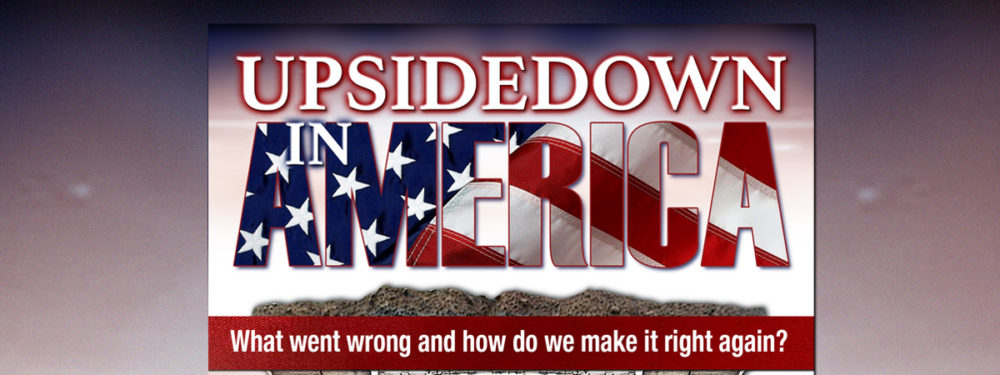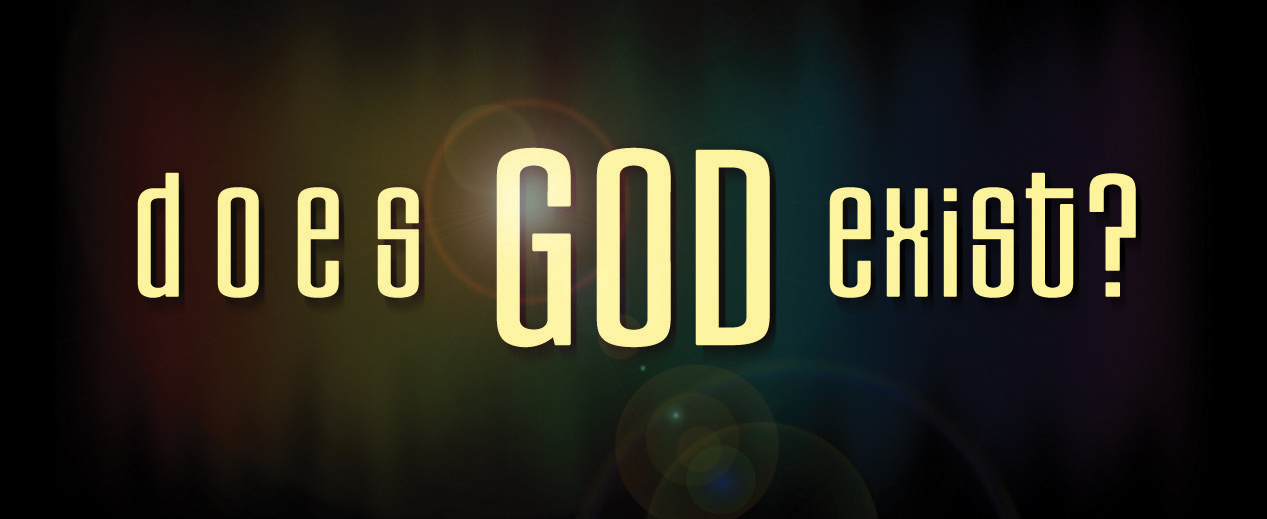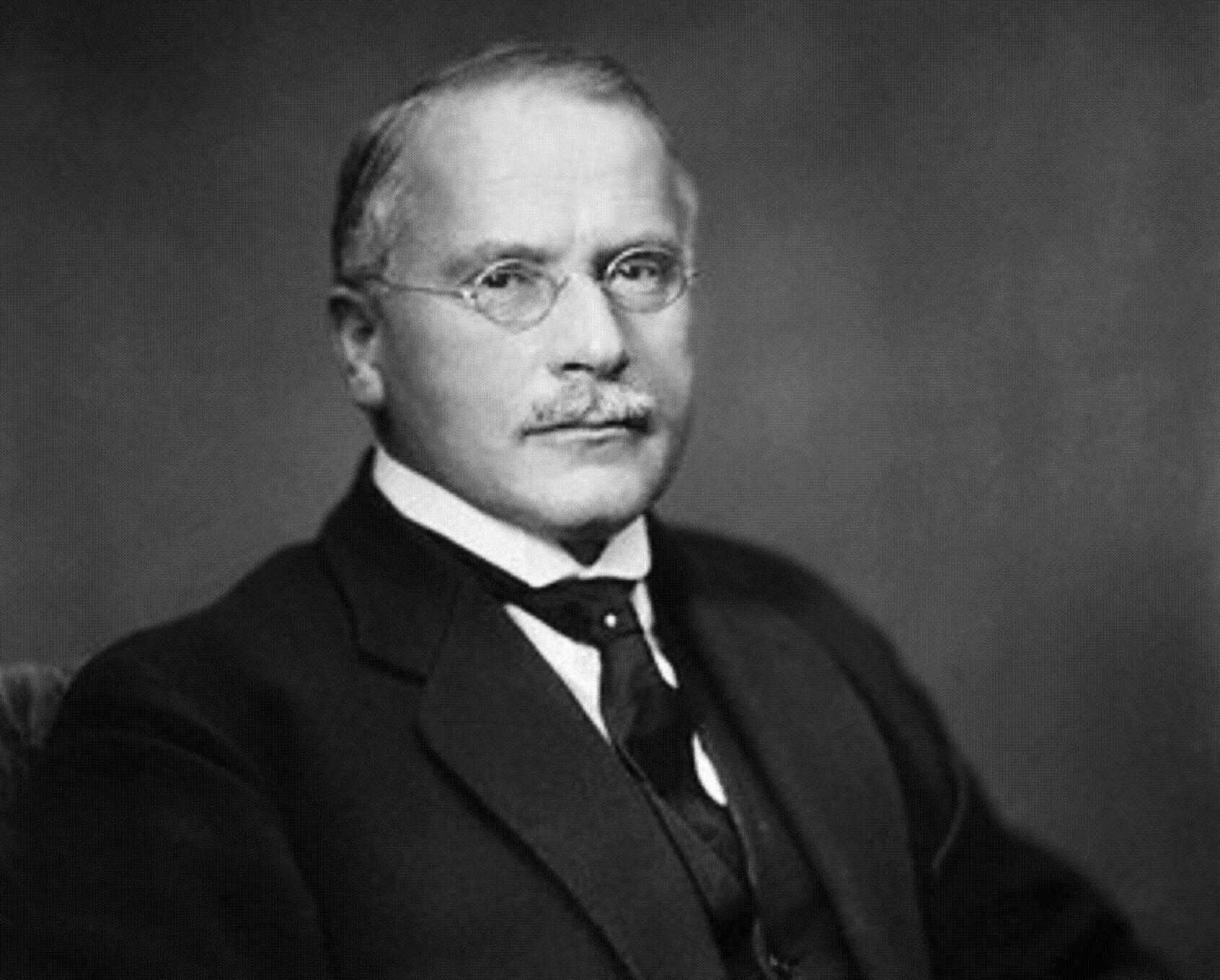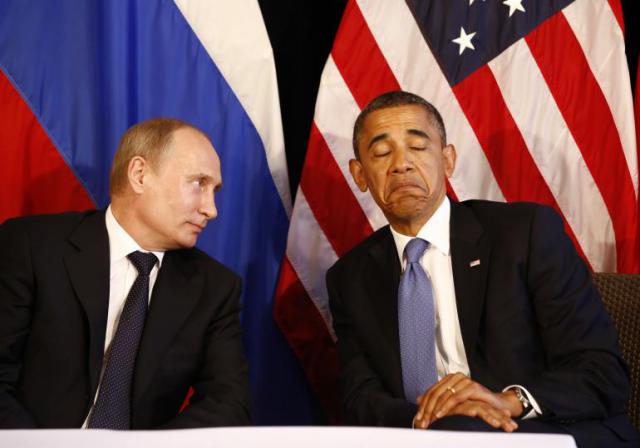Recently, while at work, I overheard my colleague say “I don’t know if God exist or not. I haven’t quite figured that out.” Being, that the gentleman was in his sixties, his time to work through that proposition is drawing to a close and changing his worldview at his age becomes more and more difficult the older he gets. Some people are skeptics and use that as a foil to never really deal with that issue while others question God’s existence hoping one day to know for sure. I believe that if we fail to answer that question correctly, it will have eternal consequences. It’s certainly a question worthy of ones time and one that our culture continues to deny. More and more we see people leaving the church and embracing an atheistic philosophy. So, the question arises… is it possible to know if God is real or is God merely a projection of man’s imagination?
Tag Archives: Outlaw Patriot News
Carl Jung, Culture and Apologetics – M. Brunet
Carl Jung, born 1875 and died in 1961, may have more to do with the cultural direction we see today then one might realize. His influence and thinking has touched “not only psychiatry but also philosophy, anthropology, archaeology, literature, and religious studies” according to Wikipedia and is even seen today in “twelve-step programs, video games, novels, movies and educational materials used” according to Dr. Peter Jones. An early disciple of Freud, he parted ways and began a version of psychological wholeness that would find a basis in the spiritual realm. Unlike Freud, who believed religion was mythical and went so far as seeing it as a sickness in need of a cure, Jung saw “classical religion” (ancient pagan and mythological religion), as the vehicle to explain and solve human behavior and this healing would come through psychology and the wisdom found in cultures. This view led Jung to claim to claim that “we are on the threshold of a new spiritual epoch” and that he was developing “the worlds final, unitary religion”. The true nature of his quest can be scene in the this quote…
“I imagine a far finer and more comprehensive task for (psychoanalysis)…I think we must give it more time to influence people from many centers, to revivify among intellectuals a feeling for symbol and myth, ever so gently to transform Christ back into the soothsaying god of the vine, which He was, and in this way absorb those ecstatic instinctual forces of Christianity for the one purpose of making the cult and the sacred myth what they once were—a drunken feast of joy where man regained his ethos and holiness of an animal. That was the beauty and purpose of classical religion” (Richard Noll, Aryan Christ ,54)
Standing at the Precipice : How We Got Here and How Cold War 2.0 Will Play Out – Outlaw Patriot
Over the past month as tensions have mounted between the United States and Russia, one thing has stood out in my mind. I conducted more than 20 arms control inspections across the former Soviet Union, Central Asia, and Europe, working alongside NATO partner military members as well as members from Belarus, Russia, Ukraine, Georgia, Azerbaijan, Armenia, Turkmenistan, and Kazakhstan. At the conclusion of all those missions, there was always a dinner between the two teams, usually with a spread fit for a king and plenty of toasts (the people of the former Soviet states love to make toasts, and they are masters of putting together words for such events; we had to train for this practice, both in building up our alcohol tolerance, but also in order to pronounce our own toasts, as one side will make a toast, then the next, beginning with the highest ranking and proceeding to the lowest ranking). The first toast would usually be to the conclusion of the mission, and in good Soviet fashion, the second would be announced with a quick statement of “between the first and second, a bullet should not pass”. The third, depending on the company, would either be to the fallen or to women. And eventually, before the night was done, a toast would be made that those collected at the table should never meet one another on opposite sides of the battlefield. Often times, this toast would be preceded by words of how there is a brotherhood of military men. No matter what country we serve, we have in common that we have all taken on the duty to serve the people of our country. That we have put aside our own lives in order to answer the call of service, and that takes a special kind of person – that no matter what uniform or flag we wear, we are all cut from the same cloth, and therefore are a part of this brotherhood. And that is what comes to mind as our two nations stand on the precipice of war – all of those toasts done that we might not end up on opposite sides of the battlefield.



